Parent & Pro Picks
Search by Topic
- Child Development and Preventative Care Resources
- Developmental Disability Resources
- Diabetes and Endocrine Resources
- Financial Support
- Financial Support Resources
- Gastrointestinal Resources
- Grief Support
- Hospice Resources
- Housing/Transportation Resources
- Informational Resources
- Legal Support
- Neonatal and Premature Birth Resources
- Neurological Condition Resources
- Orthopedic and Mobility Impairment Resources
- Palliative Care Resources
- Pediatric Cancer
- Rare Disease Resources
- Recreation/Wish-Granting Resources
- Sibling Support
- Special Education Resources
- Transplant Patient Resources
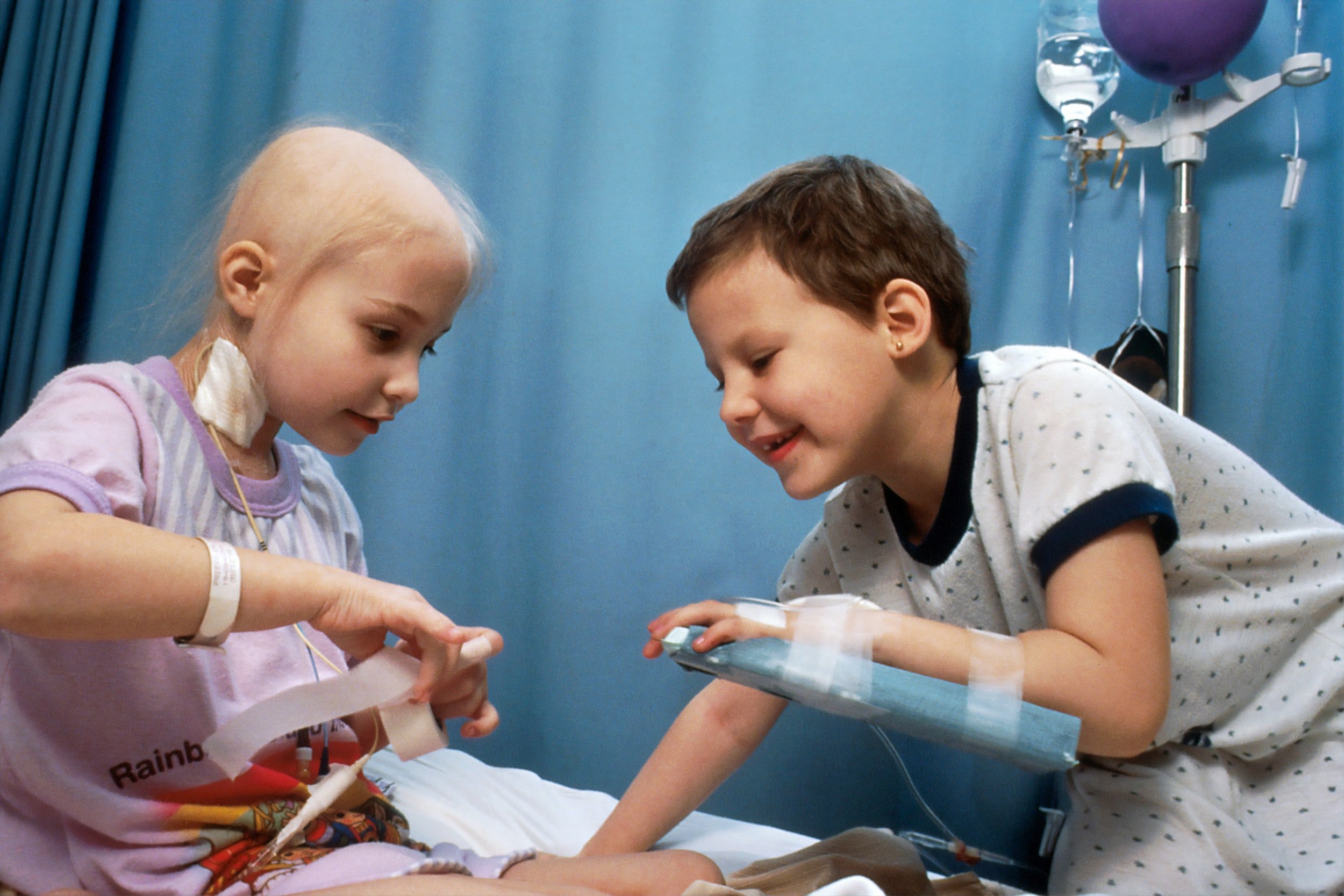
Pediatric Palliative Care: What is it and Who Needs it?
Having a child with a serious illness is difficult for the entire family. Treatments that may be necessary to save or extend a child’s life can sometimes take as much of a toll on them as the illness itself. If your child has a serious illness, palliative care may be available and beneficial while they are being treated for their medical condition. Often confused or equated with hospice care (which is provided when a person is considered to be at the end of their life), palliative care can be added to a treatment plan at any time following the diagnosis of a serious illness. This guide explores the differences between palliative and hospice care, and share resources that may help you determine whether or not a palliative care program could benefit your child’s health and well-being.
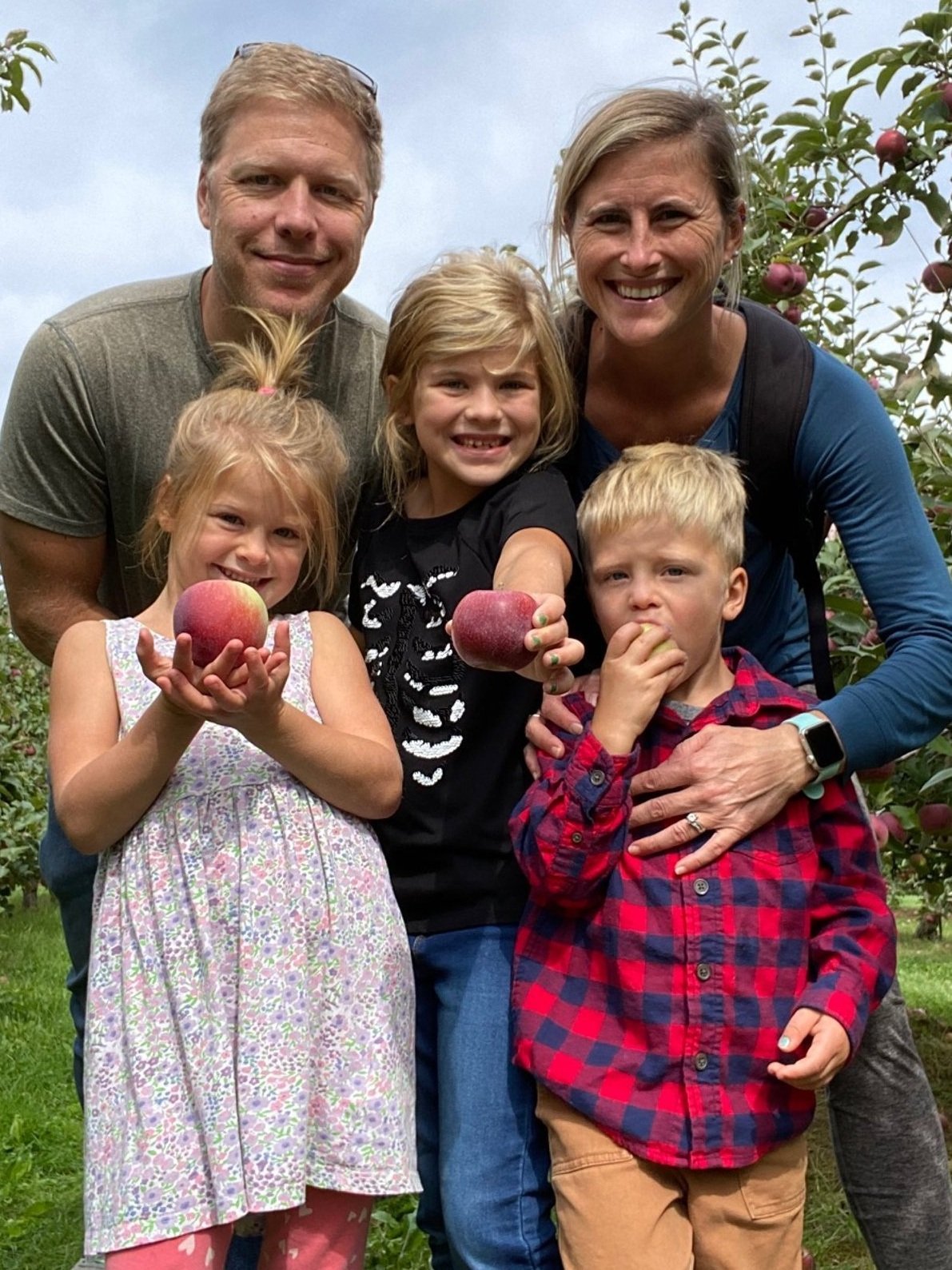
Holiday Health: Staying Active and Eating Well
Being a parent during the holidays may not feel like much of a vacation. Balancing family events and daily activities while your children are off their usual schedules can be challenging, and encouraging healthy choices with holiday treat temptations all around can be difficult. While it is important to relax and take time to enjoy the season, some simple planning and lifestyle adjustments can help everyone, kids and adults alike, stay active and healthy during the holidays. In this guide you’ll find resources that can help you and your family to make healthy choices.

Bullying Prevention Through Inclusion
One out of every five school-aged children reports being the target of a bully during their youth. While anyone can be a victim of bullying, children with disabilities are more than twice as likely to be bullied than their typically-developing peers. Bullying can present in varying ways including physical bullying, verbal bullying, and cyberbullying, and all forms can have a devastating impact on the victim. Breaking the bullying cycle begins with creating an inclusive environment where all children understand what it means to be different from your peers. The resources in this guide can help you start or further the conversation with the children in your life about inclusion and acceptance.

Halloween Guide for Parents of Children with Disabilities
Halloween is a fun and exciting holiday for children and their families. With costumes, candy, and spooky delights, it is no wonder October 31 is so popular with kids, and kids at heart. Parenting a child with a disability or medical challenge can make full participation in Halloween and other bits of fall fun more complicated, as the idea of going apple picking or trick-or-treating might be more scary, rather than fun. In this guide you will find resources to make planning for Halloween a little bit easier.
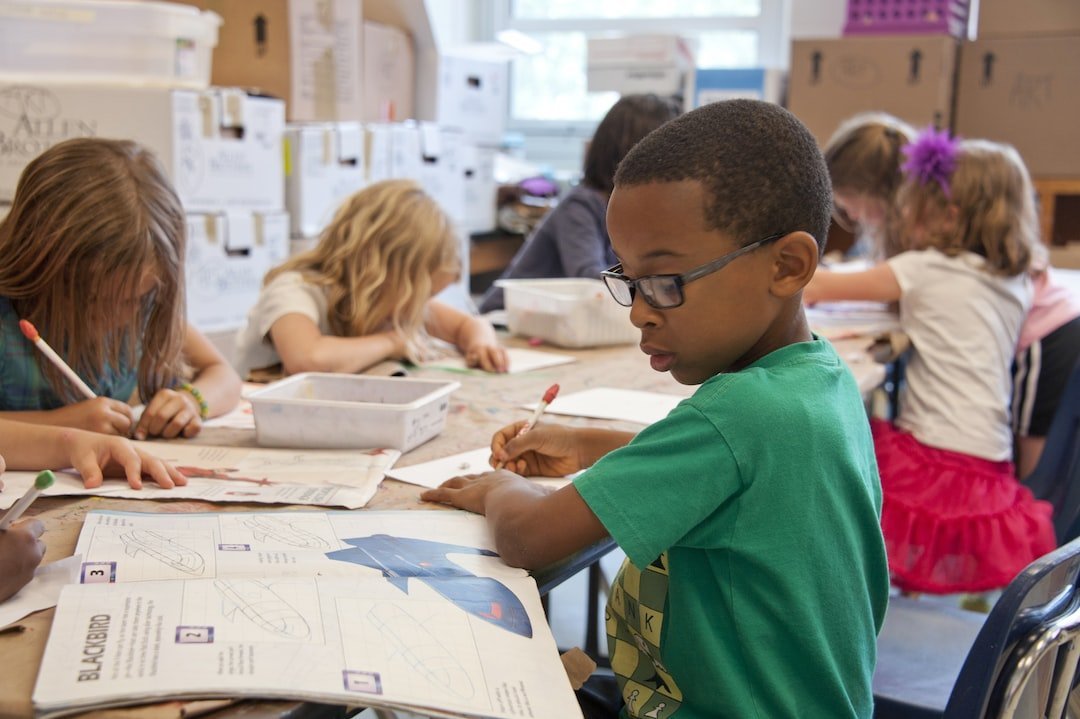
Seizure Safety Resources
If your child has a condition that makes them more likely to experience seizures, it is important to be prepared in the event that a seizure occurs. Witnessing a seizure, especially in a child, can be a frightening event. Your reaction and response can help keep the child safe and comfortable until the seizure has ended, or is controlled by medical intervention. In this guide you will find resources designed to help keep a child in your care safe during a seizure.
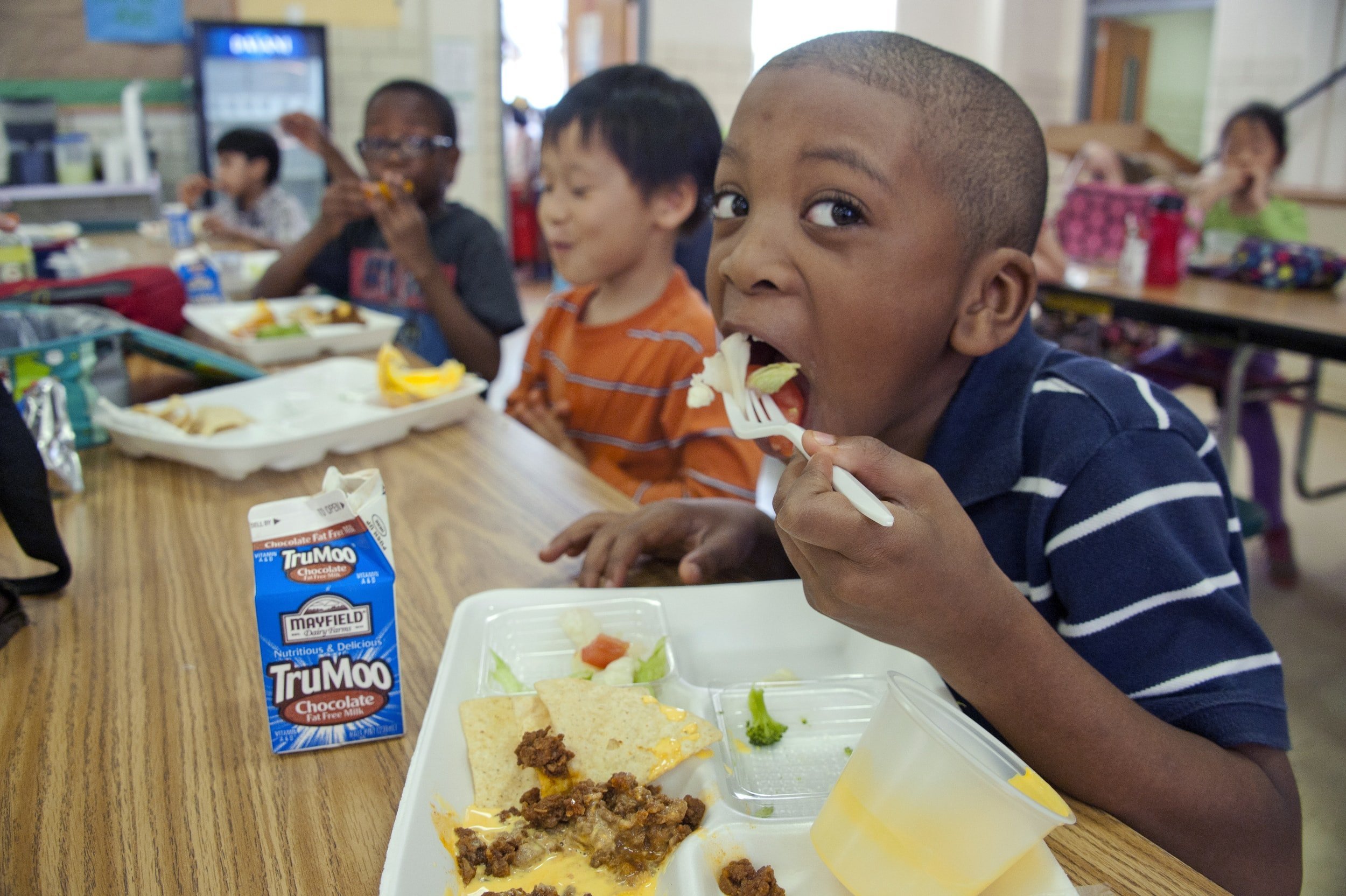
Caring for Children with Severe Food Allergies
Managing the needs of a child with a food allergy can be a complicated task. Since some allergic reactions can be severe and even life-threatening, it’s important to be prepared and proactive as a caregiver for a child with a food allergy. In this guide you’ll find resources related to the identification, prevention, and treatment of allergic reactions to food. The resources in this guide are not a replacement for medical consultation or care. Please consult your child’s pediatrician if you have concerns about food allergies and how to treat an allergic reaction.

Finding Your Support Community
A new medical diagnosis often comes with more questions than answers, as well as a flood of emotions. As a caregiver to a child who has special needs or a complex medical condition, it can be helpful to find a community of supportive people who understand the challenges you have faced or will face while caring for your child. With the rise of social media and other web-based resources, information has never been easier to find and making contact with others is a breeze. But how can you be sure that you can trust the information or people with whom you are connecting? In this guide we will share some tips on how to find information and a community of support when your child is diagnosed with a disabling medical condition.
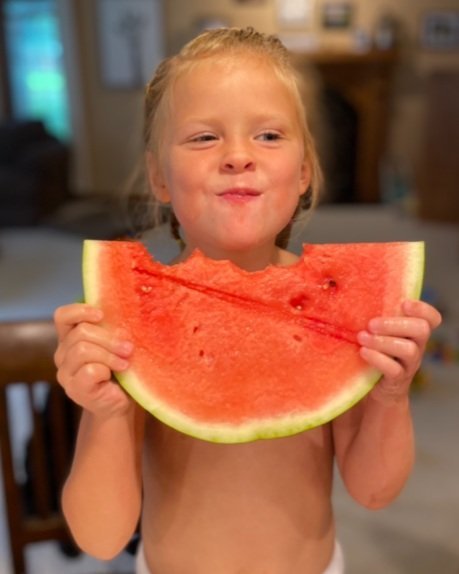
Building Healthy Eating Habits at Home
Eating a healthy diet that includes vitamin rich fruits and vegetables can reduce the risk of serious chronic illnesses and support the development of a healthy immune system. Breaking bad habits can be difficult and building healthy ones takes time and dedication. Helping your child build a healthy relationship with food at an early age can set them up for a lifetime of good health. In this guide you will find resources that can help build your child’s healthy eating habits as they grow.
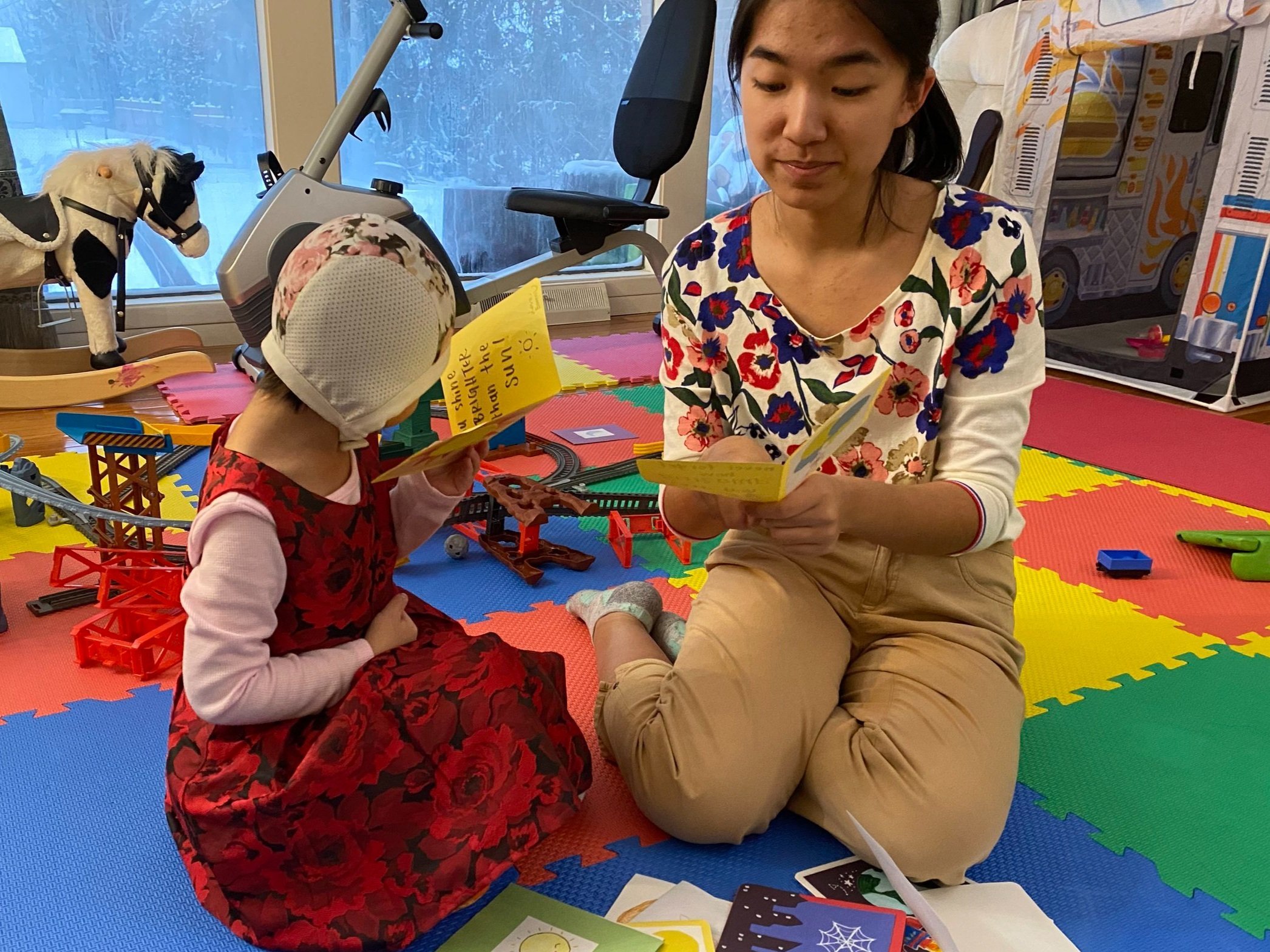
Support for Siblings
A serious medical diagnosis in childhood can result in a lot of lifestyle changes for the child and their family. Appointments with specialists, modifications to the home or the daily routine, and new accommodations for a child who has special needs can be expected. If there are other children in the home it is not uncommon for these new found needs to impact and disrupt the life experiences of these kids as well. In this guide you will find resources designed to help siblings of children with medical and other special needs understand and cope with their new-found circumstances.
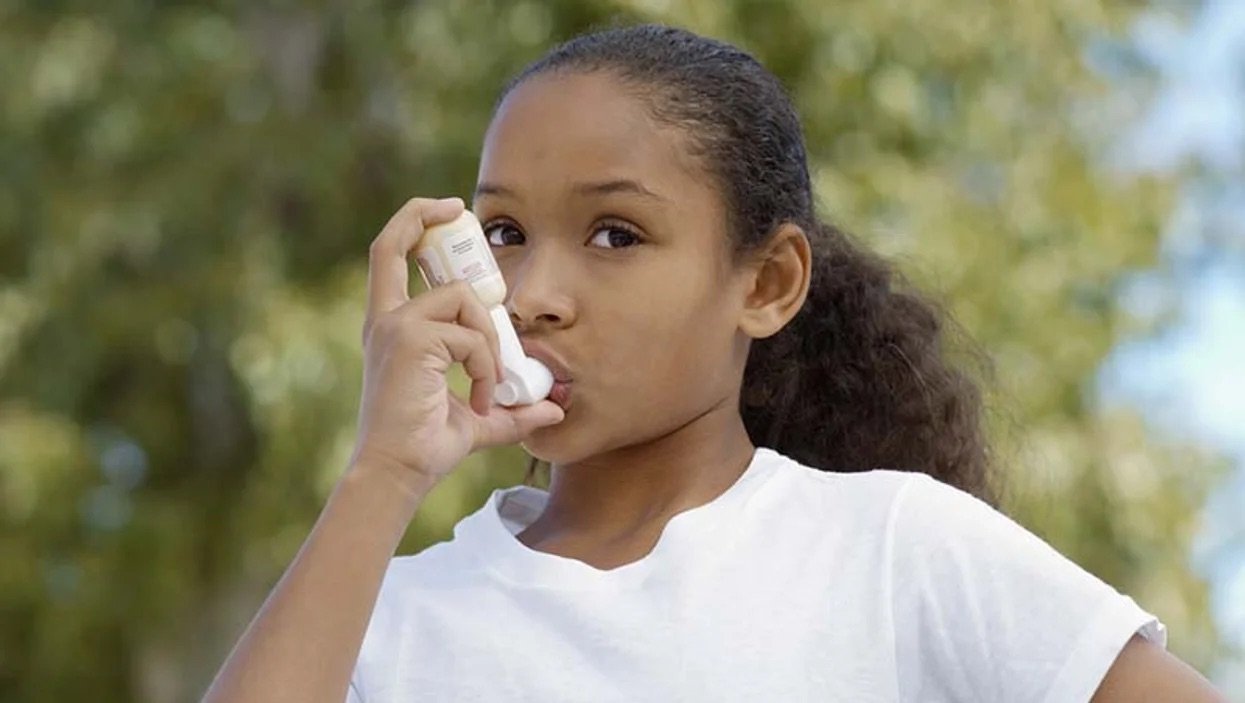
Support for Children with Asthma
Caring for a child with asthma can be intimidating. Understanding what triggers asthma attacks, and the treatments available to prevent and resolve severe reactions can be very complicated. The following guide is not meant to replace medical advice, but can be a starting point for a parent or caregiver who is navigating life with a child who has asthma.
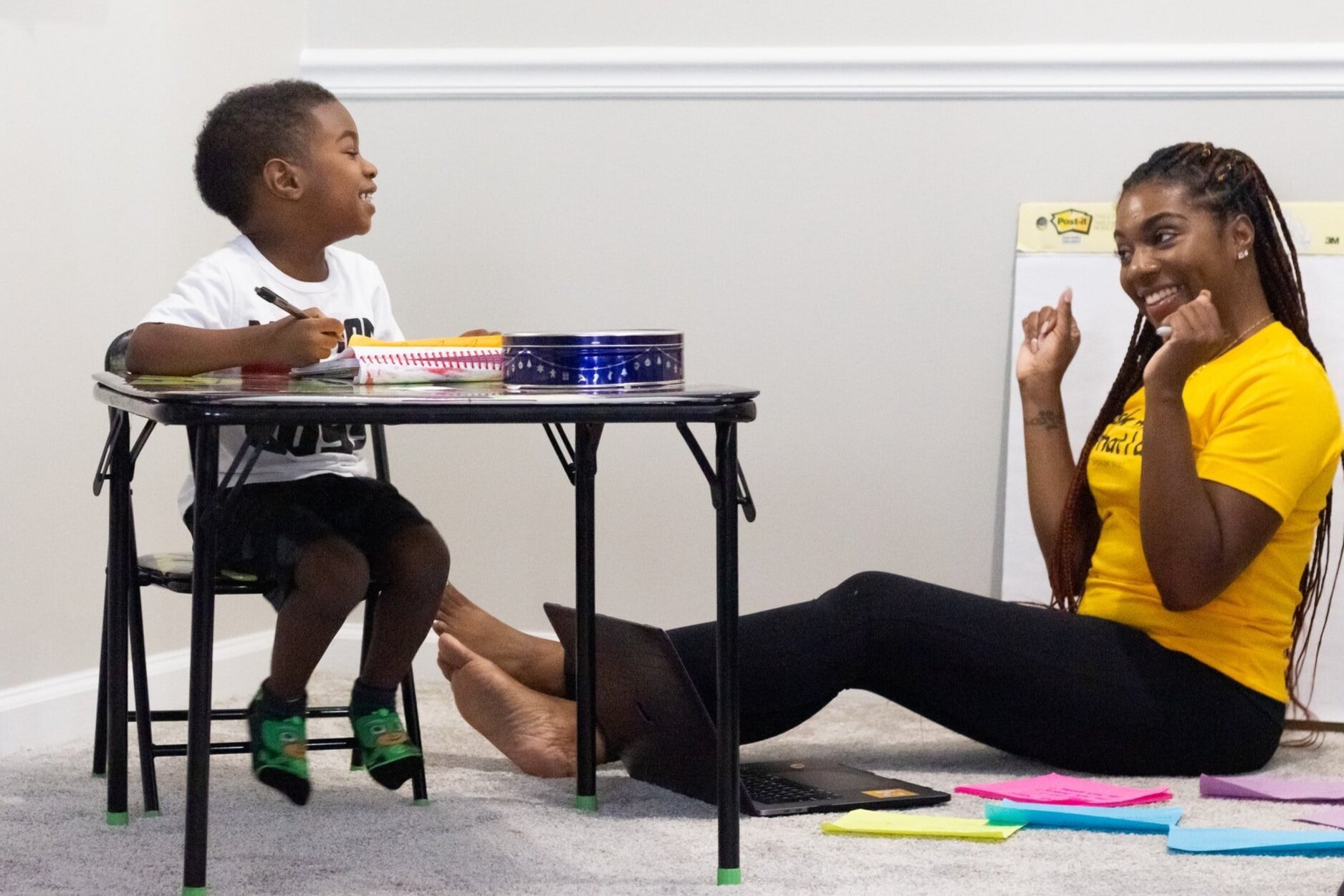
Creating a Social Story
If your child has difficulty navigating new experiences, preparing in advance with a social story may help to alleviate some of their stress and anxiety. Social stories are brief, visual explanations that detail what you might expect to happen during an upcoming life event. They can be helpful when your child needs a little extra preparation for a new activity or a known change to their regular routine. In addition to reviewing individual parts of the upcoming experience, social stories list appropriate behaviors so that a child knows not only what to expect, but what is expected of them!

Breastfeeding Resources
If breastfeeding is an option that you are considering for you and your child, there are a variety of resources out there to help you be successful on this journey. It’s never too early to start the conversation about breastfeeding with your doctor or midwife, so that you can be as prepared as possible for the road ahead. In addition to speaking with a medical professional, this guide includes several resources that may be helpful in answering some of your breastfeeding questions.

Back to School - Eye Health
The 2021 school year may once again include more screen time and distance learning than years prior, which means that many children will be using computers, tablets and other devices with greater frequency than they have in the past. Since eye care is an important part of your child’s overall health, now is a great time to schedule a check up and prepare for the potential impact that distance learning may have on your child’s vision.

Service, Emotional Support, and Therapy Animals: What’s The Difference?
Although the lines between service, emotional support, and therapy animals may seem blurred, this helpful guide will explain the difference between each type of animal, the services they provide, and the intricacies of bringing one into your life.

Supporting Children Through Grief
Losing a loved one can be difficult at any age, but for children who have yet to fully understand the concepts of life and death, the impact of loss and complex feelings of grief can be overwhelming. On average, 1 in every 5 children will experience the death of someone they are close to prior to their 19th birthday, and grieving that loss will be a lifelong journey that follows kids into adulthood. While grief is a complex topic to discuss, professional insights into this unique journey can help caregivers facilitate healthy conversations related to loss and death.

Fatherhood: It Takes a Village
The presence of a father plays a vital part in child development, which is why organizations around the country have stepped up to welcome fathers and help them take attentive, responsible roles in their children’s lives. A father’s active presence in his child’s life not only strengthens their relationship, but also improves the child’s cognitive ability, educational achievement, and psychological well-being. These helpful organizations, programs, and online tools are available to assist fathers in their efforts to become better parents, partners, and providers.
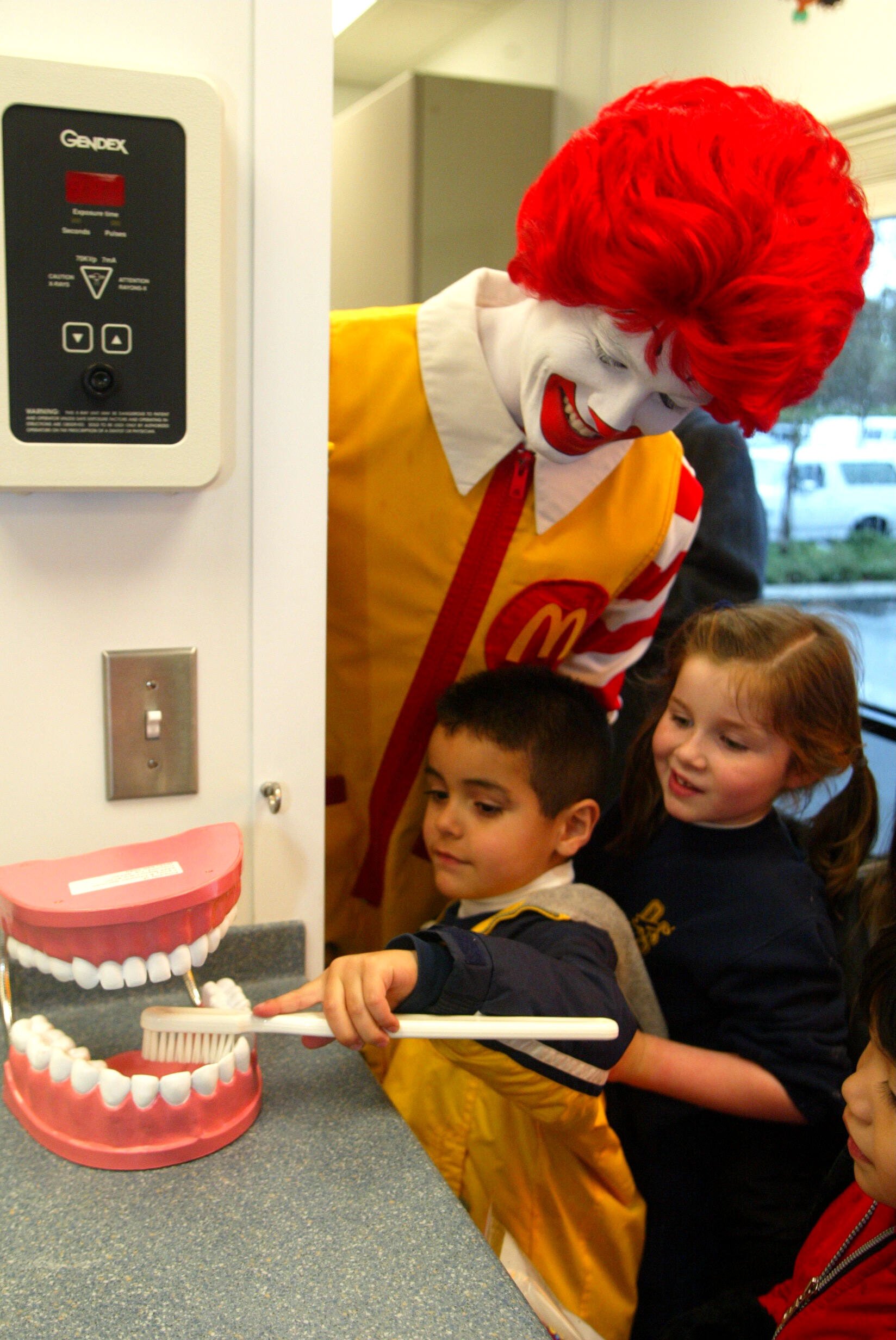
Dental Care for Children With Sensory Processing Issues
Helping to manage your child’s dental hygiene can be an especially difficult task if they struggle with sensory processing issues. In this guide you will find general information and helpful tips on establishing good dental care practices with your children, as well as specific dental care resources and suggestions for assisting children with sensory processing challenges as they develop positive oral hygiene habits.

Nutrition Knowledge: Food For Thought
Nutrition is important at every age, but never more so than in childhood. Kids are establishing healthy habits and building knowledge that will help them throughout their lives. This guide is filled with resources that will help you and your children understand the importance of good nutrition. Knowledge is power, and the more a child learns about the value of nutritious food, the more excited they will be about healthy eating.

Well-Child Visits and Preventative Care
Taking your children to the pediatrician when they are sick or injured is generally just common sense, but keeping up with routine well-child care is just as important for their overall health. Preventative health care can help you make sure that a minor issue today doesn’t turn into a major challenge tomorrow. In this guide you will find resources that can help you prepare for appointments with your child’s healthcare team, and recommendations for seeking care as your child grows and develops.
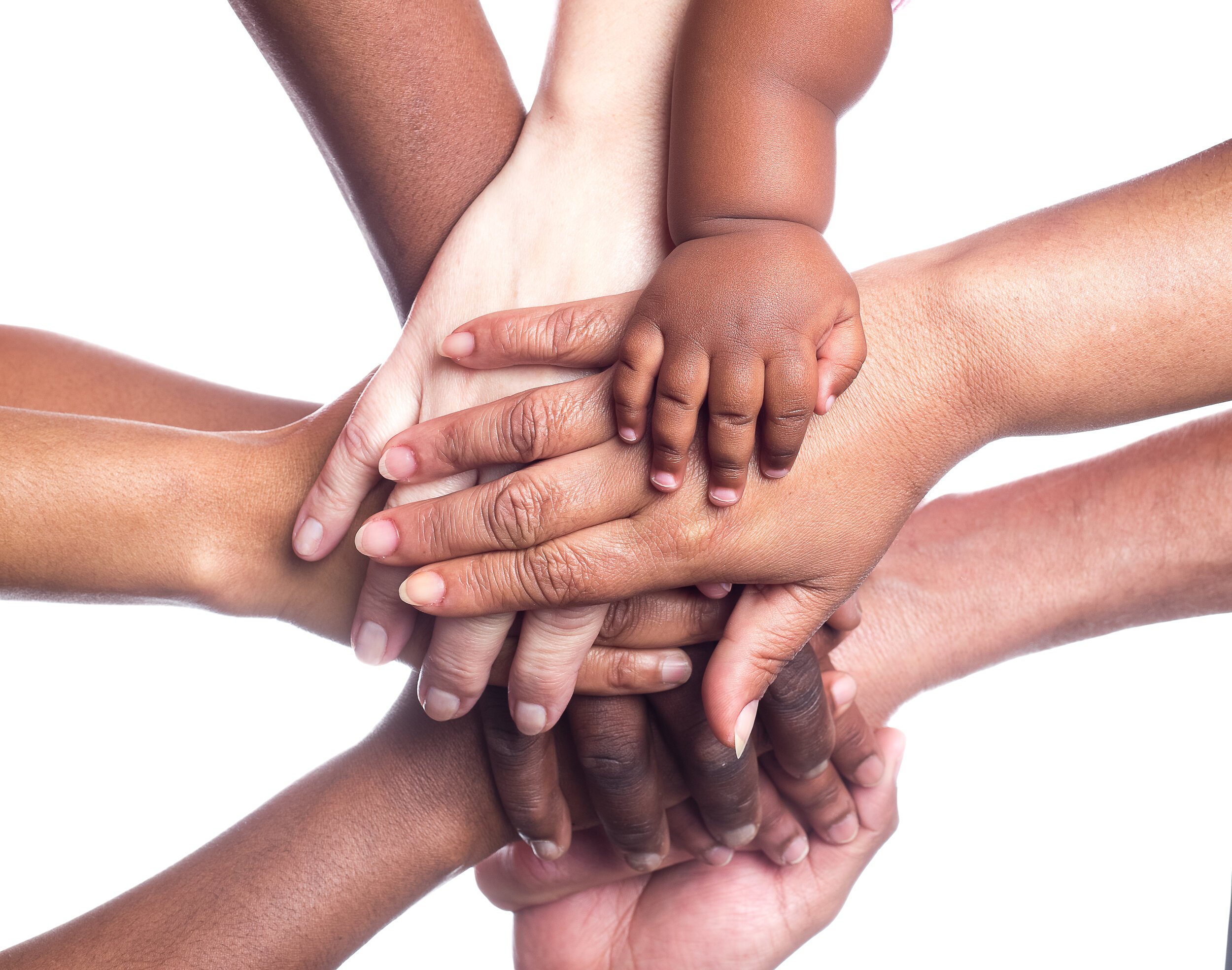
Stronger Together: Talking with Kids about Racism, Hate and Violence
Ronald McDonald House Charities is stronger together because of our diversity. We pride ourselves on being an organization welcoming of all families, and celebrate the differences that make each of us who we are. If you are struggling to find a way to talk with your children about race, prejudice, and other important topics, here are some resources to help you get the conversation started.
